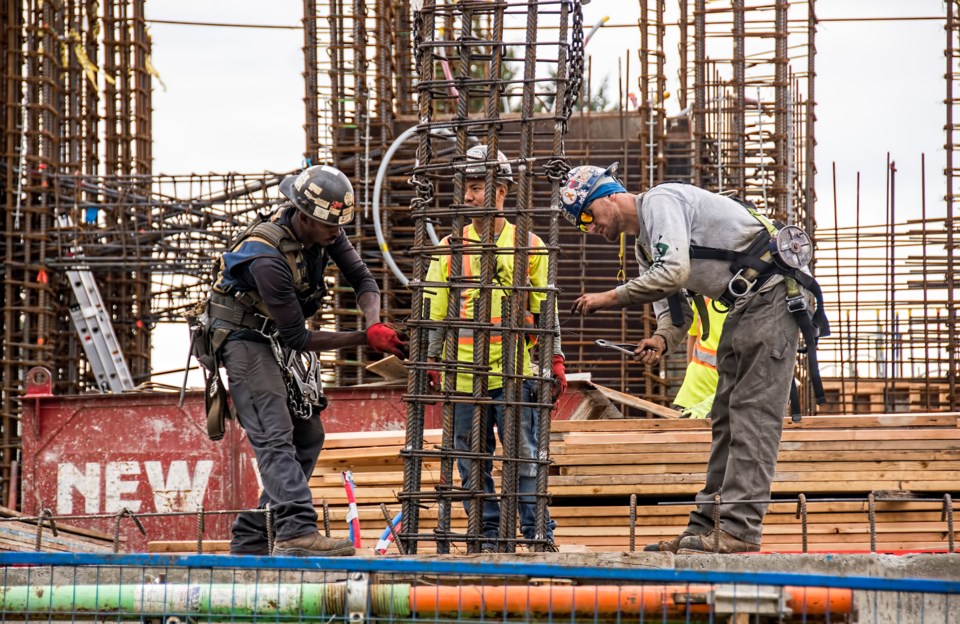British Columbia’s construction sector has a big problem with payment timelines. But the good news is there is a solution readily available—prompt payment legislation.
Contractors sometimes wait more than 90 days to get paid for work they have done and invoiced. In the meantime, they need to make payroll and pay their suppliers. That’s at least six pay periods they need to cover.
Not knowing if or when you’re going to get paid puts an enormous avoidable strain on contractors, unnecessarily disrupting their cash flow, limiting the number of new projects they can undertake, and hindering their ability to create jobs. This can cause delayed payment to employees, unions and suppliers—or worse, bankruptcy. This is in addition to the industry standard “holdback” practice where contractors don’t receive (typically) 10 per cent of what they’re owed until the full completion of a project. This is often months, and sometimes even years, after a contractor’s contribution to a project has finished.
The impact for the public is significant. There are many factors for the enormous cost increases we’ve seen on construction projects, and delayed payments is one of them. When contractors know it may be months before they’re paid, they price those carrying costs into their bids. On a public project, those added costs are borne by taxpayers. On a home, they’re being passed on to the purchaser. Forcing subcontractors to functionally finance a disproportionate share of the project increases the cost. This is unnecessary and preventable.
It is imperative that British Columbia implements prompt payment legislation as soon as possible. This legislation, which was passed in Ontario seven years ago and is standard in most Canadian provinces, mandates fair and predictable payment timelines on construction projects for everyone. Typically, the legislation prescribes a 28-day payment window at the top of a project (such as between an owner and general contractor), and then seven days from payment to each cascading level of a project pyramid. Ontario’s Construction Act also includes an adjudication process, which helps to speed up dispute outcomes, while saving everyone money by keeping most disputes out of the court system. The legislation is effective.
Prompt payment has strong support in B.C. In October 2023, 31 construction and business associations and labour organizations signed a letter asking the provincial government to pass prompt payment legislation. The Select Standing Committee on Finance and Government Services has recommended, multiple times, in its annual public budget consultation report that B.C. enact prompt payment legislation.
There is real urgency for government to act now to reduce unnecessary cost escalations to improve affordability and help projects get delivered on time. British Columbia will continue to ask a lot of the construction sector in the coming years, including the need for over 100,000 more homes, a record-setting capital plan from the B.C. government, $36 billion in investments planned by BC Hydro over the next decade and industrial projects.
There are some in construction who want to protect the status-quo system that permits predatory payment clauses. You may hear these critics describe prompt payment legislation as “red tape” that would slow down construction. That’s ridiculous. There is zero evidence of this from the many jurisdictions with prompt payment.
Let’s be clear: Paying your bills on time is fair and the right way to do business. British Columbians working in construction deserve the same protections provided in other provinces. ECABC is calling on all parties to commit in their election platforms to introducing prompt payment legislation in the first year of the upcoming mandate. It’s good public policy, and it’s the right thing to do.
Matt MacInnis is president of the Electrical Contractors Association of British Columbia, which represents union and open shop electrical and line utility contractors, and industry suppliers.


